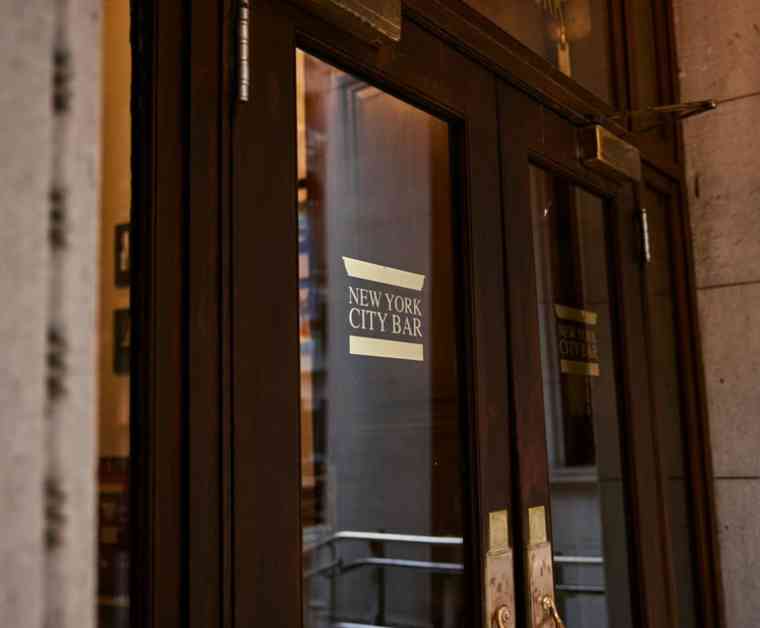The New York City Bar Association strongly criticized a group of federal judges for their recent actions regarding a letter sent to Columbia University. The judges, including those appointed by former President Donald Trump, stated in the letter that they would no longer hire law clerks from Columbia University due to the university’s handling of pro-Palestinian protests earlier this year. This move was deemed as an “improper use of judicial offices” by the City Bar Association.
The letter, dated May 6, was signed by 13 U.S. federal judges, with names such as U.S. Circuit Court judges Elizabeth Branch and James Ho, U.S. Court of Federal Claims Judge Matthew Solomson, and U.S. Judge of the Court of International Trade Stephen Alexander Vaden, as well as nine district judges from Texas, Georgia, and North Dakota. The recipients of the letter were Columbia University President Nemat “Minouche” Shafik and Gillian Lester, the dean of Columbia Law School.
The New York City Bar Association expressed its disapproval of the judges’ decision to take action against Columbia University based on the handling of protests on campus. The organization believes that such actions undermine the integrity of the judicial system and create a concerning precedent for future interactions between legal institutions and academic institutions.
The City Bar Association’s statement sheds light on the importance of maintaining a separation between the judiciary and academic institutions. By involving themselves in matters unrelated to their judicial duties, the federal judges have raised questions about their impartiality and adherence to legal ethics. This controversy highlights the need for judges to uphold the principles of fairness and impartiality in all aspects of their professional conduct.
Furthermore, the City Bar Association’s condemnation of the judges’ actions serves as a reminder of the ethical responsibilities that come with holding a judicial office. Judges are expected to act with integrity and uphold the rule of law, without allowing personal biases or external influences to interfere with their decision-making process. The Association’s statement emphasizes the importance of upholding these ethical standards to preserve public trust in the judiciary and ensure the fair administration of justice.
In conclusion, the New York City Bar Association’s criticism of the federal judges’ letter to Columbia University highlights the significance of maintaining ethical standards and impartiality within the judicial system. By speaking out against what they see as an abuse of judicial power, the Association reaffirms its commitment to upholding the integrity of the legal profession and promoting a fair and just legal system for all.















